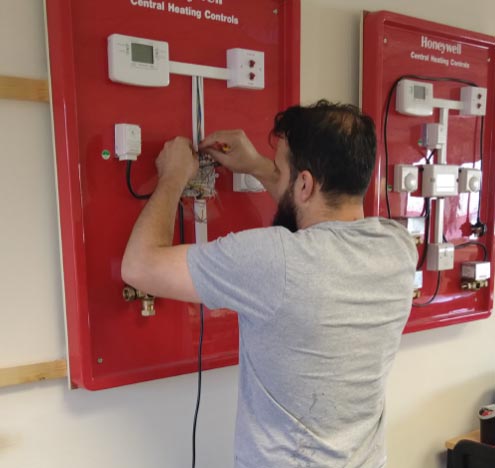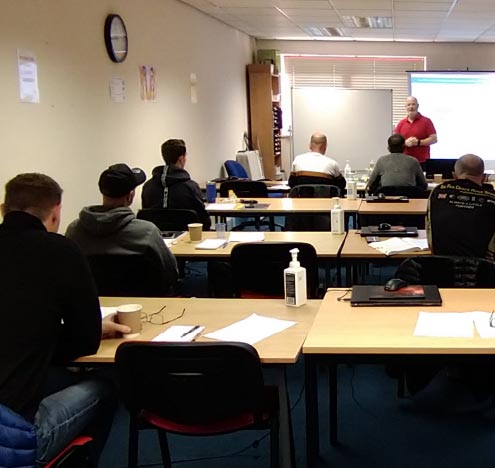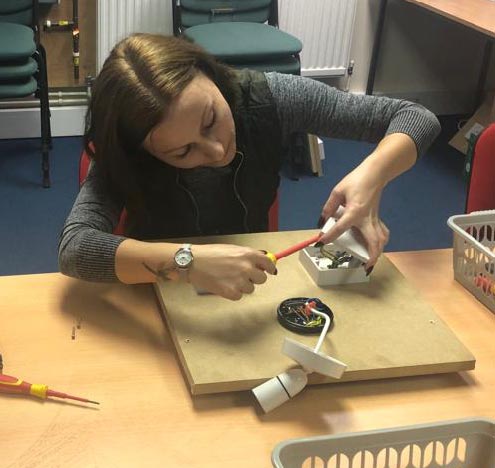Extracts from an article in The Times on Saturday 16th September 2023 ……..
Cowley, on the outskirts of Oxford, was the cradle of the British automotive industry. It was there that William Morris, later Lord Nuffield, pioneered the production line that gave motorists the affordable cars bearing his name. Now under the ownership of BWM, the plant still employs some 4,000 workers and is home to another iconic British marque: the Mini.
So it may seem churlish to question the policy behind Rishi Sunak’s decision to secure its future with a £75 million taxpayer subsidy. Cowley will manufacture electric vehicles (EVs) alone, a gamble on future demand in Britain and abroad.
The prime minister speaks excitedly of investing in ‘the cars of the future” but his backing for a project which treats Boris Johnson’s 2030 ban on the manufacture of new petrol and diesel cars as immovable must not ignore reality. Britain’s infrastructure is far from ready for the abrupt transition Mr Johnson brought forward from 2035.
As things stand, the UK’s charging network is simply not up to the job of supporting a mass defection from internal combustion to electric. At the end of 2021, there were 31 electric cars for every public charger in the country, but by the end of 2022 the ratio had increased to 36 to one. There are too few rapid charging sites and electric car owners attempting journeys that would not trouble the driver of a petrol car still risk being delayed by the hunt for a vacant charger of the waiting time involved in using a slow one.
Extracts from BBC News – Rishi Sunak pushes back ban on new petrol and diesel cars to 2035 – 20th September 2023……
Prime Minister Rishi Sunak has pushed back the ban on the sale of new petrol and diesel cars in the UK from 2030 to 2035 and says he still expects that by 2030 “the vast majority” of cars will be electric, because of improving technology.



